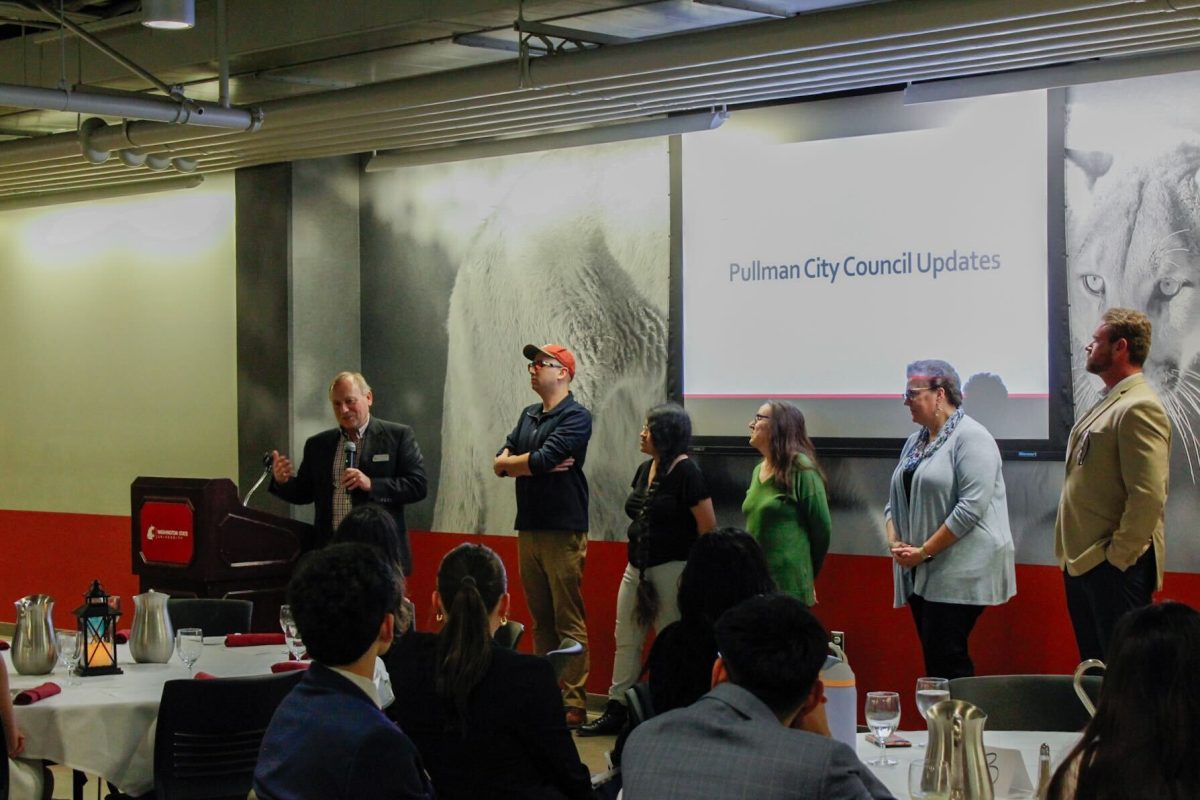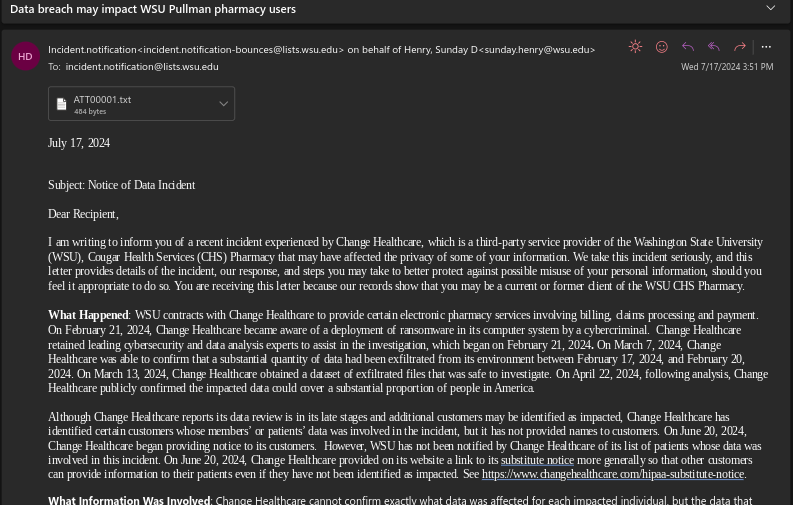The Washington State Supreme Court ruled Thursday that WSU has no duty to protect a student who was raped off-campus.
In a 5-4 decision, the court found that WSU has a duty to protect students while they are on campus, but can not be found liable for something that happens off campus.
“A university simply has no power to dictate students’ movements off campus and away from the oversight of campus security and administration,” Chief Justice Charles Johnson said in the court’s majority opinion. “A university’s duty is limited to where a student is on campus for school related purposes or participating in a school activity.”
Thomas Culhane raped a fellow student at an off-campus party in 2017. Culhane was expelled from WSU and convicted of second-degree rape. It was later revealed that there were two prior complaints of sexual misconduct filed against Culhane while he was attending WSU Vancouver, according to KREM.
According to the Seattle Times, over a year after Culhane raped the victim, he was expelled following an administrative investigation. He was eventually charged criminally and pleaded guilty to second-degree assault with the attempt to commit rape.
The victim filed a lawsuit against WSU in 2020, claiming WSU had knowledge of Culhane’s previous misconduct and did not intervene, as well as WSU had a responsibility to protect her because a “special relationship” exists between students and universities. The special relationship was defined in the majority opinion as “a duty to use reasonable care to protect students from forseeable injury at the hands of other students.”
In the majority opinion, the court found that while Washington law recognizes that the special relationship does exist between universities and students, the protections the university owes to students are based on their presence on campus.
“While a special relationship exists between a university and its students, that duty is to use reasonable care,” Johnson said. “Because no ability to control off-campus, non-school sponsored interactions exists, the duty does not extend to the choices or activities under a student’s control.”
The dissenting opinion, authored by Justice Raquel Montoya-Lewis, said it was foreseeable that Culhane would attempt to sexually assault another student and WSU had knowledge of the danger he posed.
“A university has a special relationship with its students giving rise to a duty to use reasonable care to protect students from foreseeable harm associated with alcohol and other substance-use-related emergencies,” Montoya-Lewis said. “Such a duty arises when the university has actual knowledge of conditions that would lead a reasonable person to conclude that a student is in danger of serious physical harm.”
The divided opinion lays the groundwork for the plaintiff to seek a motion of reconsideration, according to the Seattle Times.















